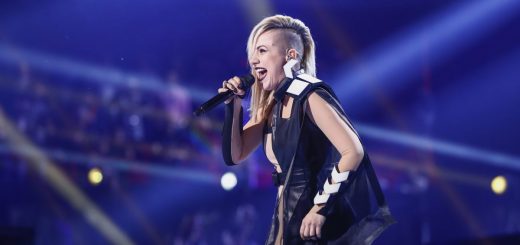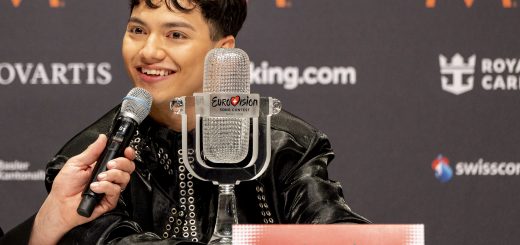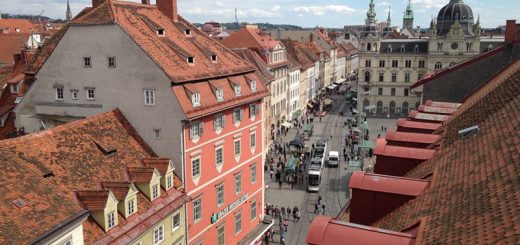The Trouble with JJ: Austria’s Eurovision Hero (or Headache?) Sparks Political Storm

By all accounts, Austria had every reason to celebrate. With a captivating performance and undeniable stage charisma, Johannes Pietsch – known to Europe simply as JJ – brought the country its third Eurovision victory, sweeping both juries and televoters alike. The glitter had barely settled on the stage in Basel when JJ, now a national hero, found himself at the heart of a diplomatic thunderstorm rather than a triumphant homecoming.
From Mic Drop to Firestorm
Fresh from his win at the 69th Eurovision Song Contest, JJ did what winners typically do: he kissed the Crystal Microphone, basked in the applause and gave interviews to every outlet that could stick a mic in his face. But amid the post-victory euphoria, one remark stood out — and it wasn’t about his performance.
In an interview with the Spanish newspaper, La Razón, JJ questioned Israel’s presence in the contest, comparing it to the now-suspended participation of Russia:
“It’s disappointing that a country fuelling a war is allowed to take part in Eurovision. If Russia is excluded, why not Israel? It’s exactly the same.”
Cue the sound of Austrian politicians dropping their schnitzels.
Austria Reacts: Pride Turns to Panic
While JJ’s statement resonated with some viewers across Europe, back in Austria it struck a dissonant chord. Accusations of antisemitism quickly emerged, particularly from conservative leaders and representatives of Austria’s Jewish community. Lower Austria’s governor, Johanna Mikl-Leitner, did not mince words:
“He’s a great singer, but clearly politically misguided. Confusing Israel with Russia without acknowledging the Hamas terrorist attack of 7 October is unacceptable.”
She added — in classic Austrian clarity — that such views don’t belong on a Eurovision stage, but in a “history lesson”.
Meanwhile, Austria’s Secretary of State and other coalition members (a rare moment of unity among Christian Democrats, Socialists and Liberals) also distanced themselves from JJ’s comments, stressing that terrorism and antisemitism have no place in a free and pluralistic society.
Eurovision and the Politics No One Wants
To be fair, Eurovision 2025 was always going to be a politically charged affair. The debate over Israel’s inclusion, the security concerns in Basel, and the intense scrutiny from fans and media had already created a febrile atmosphere. JJ’s remarks — however spontaneous or sincere — simply poured kerosene onto an already smouldering fire.
For some, JJ is the voice of a generation that’s grown weary of double standards. For others, he’s a cautionary tale about the limits of artistic freedom in politically sensitive contexts.
One could argue that Eurovision, despite its peace-loving branding, is rarely apolitical. But artists are expected to walk a fine line: bold enough to be memorable, safe enough to be marketable.
And Now What?
, though he’s reportedly agreed to meet Israel’s ambassador to Austria — who has invited him to visit Israel and learn first-hand about the events of 7 October. Whether this becomes a heartfelt reconciliation or an awkward press photo remains to be seen.
In the meantime, JJ is both a chart-topper and a political football. Austria may have won Eurovision, but it now finds itself navigating the aftermath of its own cultural earthquake.
Will JJ’s words cost Austria its beloved neutrality in the contest? Or has he simply said out loud what others whisper backstage?
Either way, Johannes Pietsch has proven one thing: Eurovision may be about songs — but silence is never part of the score.
Source: Bluper


